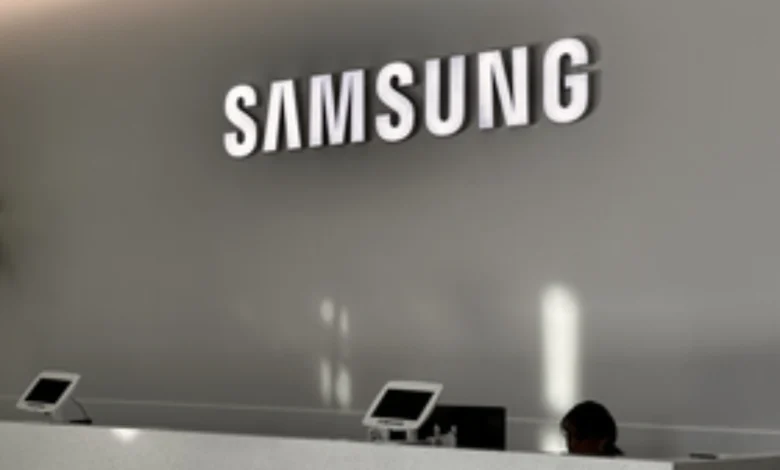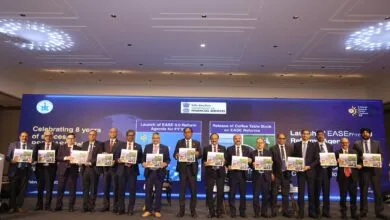South Korea Loses Lawsuit on Mason Capital Compensation Over Samsung Merger Dispute

South Korea has lost its legal challenge to annul an arbitration ruling that ordered it to compensate U.S.-based hedge fund Mason Capital. The case is linked to Mason’s financial losses from Samsung’s controversial 2015 merger of two units—Samsung C&T and Cheil Industries.
The Ministry of Justice in Seoul confirmed that the Singapore International Commercial Court rejected South Korea’s appeal to overturn the arbitration ruling. This legal setback follows Mason Capital’s 2018 investor-state dispute settlement (ISDS) case, in which the hedge fund accused the South Korean government of unfair intervention.
The Mason Capital Case
Mason Capital claimed that the South Korean government improperly pressured the National Pension Service (NPS), one of the largest shareholders in Samsung C&T, to support the merger. This controversial merger was widely seen as a move to strengthen Lee Jae-yong’s control over the Samsung Group, the family-owned conglomerate.
According to Mason, this interference negatively impacted Samsung C&T’s stock value and caused it to suffer losses amounting to approximately $200 million.
In April 2023, an arbitration tribunal ruled partially in favor of Mason Capital, ordering South Korea to pay $32 million in compensation. Additionally, the tribunal mandated delayed compound interest payments at an annual rate of 5 percent, calculated from July 17, 2015.
South Korea’s Legal Response
Following the arbitration ruling, South Korea’s Ministry of Justice filed a lawsuit in July 2023 in Singapore to annul the compensation order. South Korean officials argued that the arbitration panel had misinterpreted key provisions of the South Korea-U.S. Free Trade Agreement, particularly regarding jurisdiction. The government claimed this legal misinterpretation provided valid grounds for overturning the decision.
However, the Singapore International Commercial Court dismissed these arguments and upheld the arbitration ruling, leaving South Korea liable to compensate Mason Capital.
A Controversial Merger
The 2015 merger between Samsung C&T and Cheil Industries was criticized for benefiting Lee Jae-yong, then Samsung’s heir apparent, as it consolidated his control over the conglomerate. This merger was also linked to a broader political scandal involving South Korea’s former President Park Geun-hye. Allegations of influence-peddling and corruption connected to the merger contributed to Park’s impeachment and Lee’s imprisonment.
Mason Capital alleged that the Park administration improperly influenced the NPS to act in Samsung’s favor during the merger vote, despite potential financial risks.
Implications
The case highlights ongoing concerns about corporate governance and investor rights in South Korea. The court’s decision is a reminder of the complexities involved when governments intervene in corporate matters and the potential repercussions when investor-state disputes arise under international trade agreements.
The South Korean government has not yet announced whether it will pursue any further legal action or consider other measures in response to the ruling.
